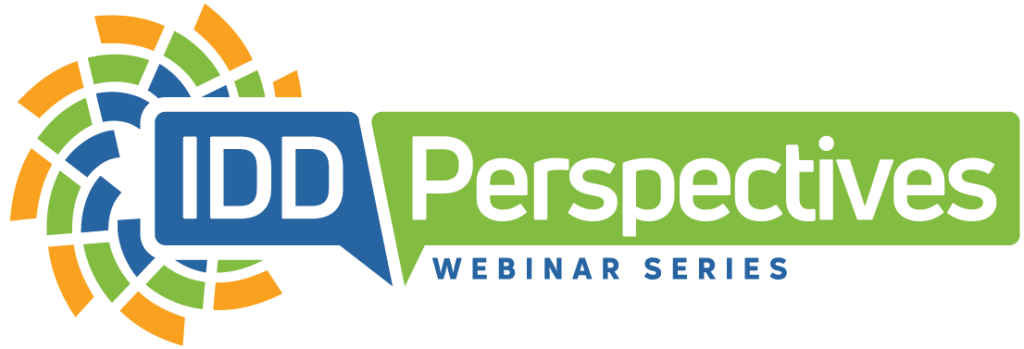Serious Gap in Healthcare Services Due to Lack of Training
Originally Aired and Published July 3rd, 2024
The latest numbers from the Centers for Disease Control and Prevention find autism and developmental disabilities on the rise.
A doctor who specializes in this field said people who have IDD, meaning intellectual or developmental disabilities, face a serious gap in healthcare services.
The gap is in the lack of training.
Medical students spend years training to become doctors, but Dr. Craig Escudé said there’s no mandated curriculum on how to spot or communicate with people who are intellectually or developmentally disabled.
“The first thing is awareness, including awareness of health care providers about the need to learn about health care for people with intellectual and developmental disabilities,” Escudé said.
Escudé said healthcare education hasn’t caught up with the rising numbers of IDD diagnoses.
According to the CDC, 1 in 36 children are now diagnosed with autism. One in 6 children are now diagnosed with a developmental disability.
Escudé said that when healthcare providers don’t recognize changes in their behavior, early signs of trouble are often missed.
“This is a term called diagnostic overshadowing, where early signs and symptoms of something are just attributed to the person’s overall condition, such as their intellectual disability. Rather than looking for a treatable underlying condition.” Escudé said.
He said the problem is that medical schools don’t include training on how to identify or communicate with patients who are intellectually or developmentally disabled.
Escudé said, “I can speak from my own personal experience as a family physician. I had no training in medical school or residency about how to provide good health care for people with IDD.”
Escudé said studies show many clinicians feel uncomfortable and incapable of providing the same level of health care for people with disabilities as those without disabilities.




